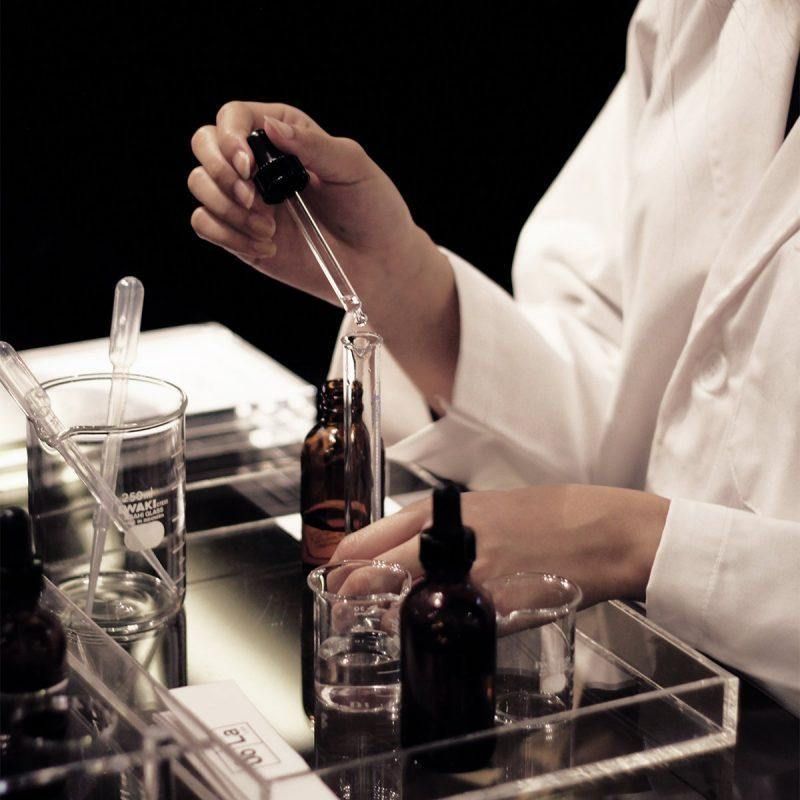The Scent of 'Sweat'

Global warming is a fact. Our planet is getting hotter and by corollary we are also getting sweatier
Sweat itself is odourless, but when it comes into contact with bacteria on our skin, it can produce an unpleasant smell. The odour of sweat can vary depending on a number of factors, such as the type of sweat gland that is producing it, the individual's diet, and their overall health.
Sweat produced by apocrine glands, which are primarily located in the armpits and groin area, tends to have a stronger odour compared to sweat produced by eccrine glands, which are distributed throughout the body. This is because apocrine sweat contains more proteins and lipids, which can provide a food source for the bacteria that live on our skin.
The scent of sweat is often described as musky or sour, and can range from mildly unpleasant to overpowering. Factors that can contribute to the strength of the odour include the amount of sweat being produced, the type of bacteria present on the skin, and the amount of time the sweat has been allowed to sit on the skin.
Love it or hate it, there is also a carnal aspect to sweat, a gateway to our physical, animalic side and that immutable biology.
- Tags: Fragrance Education






